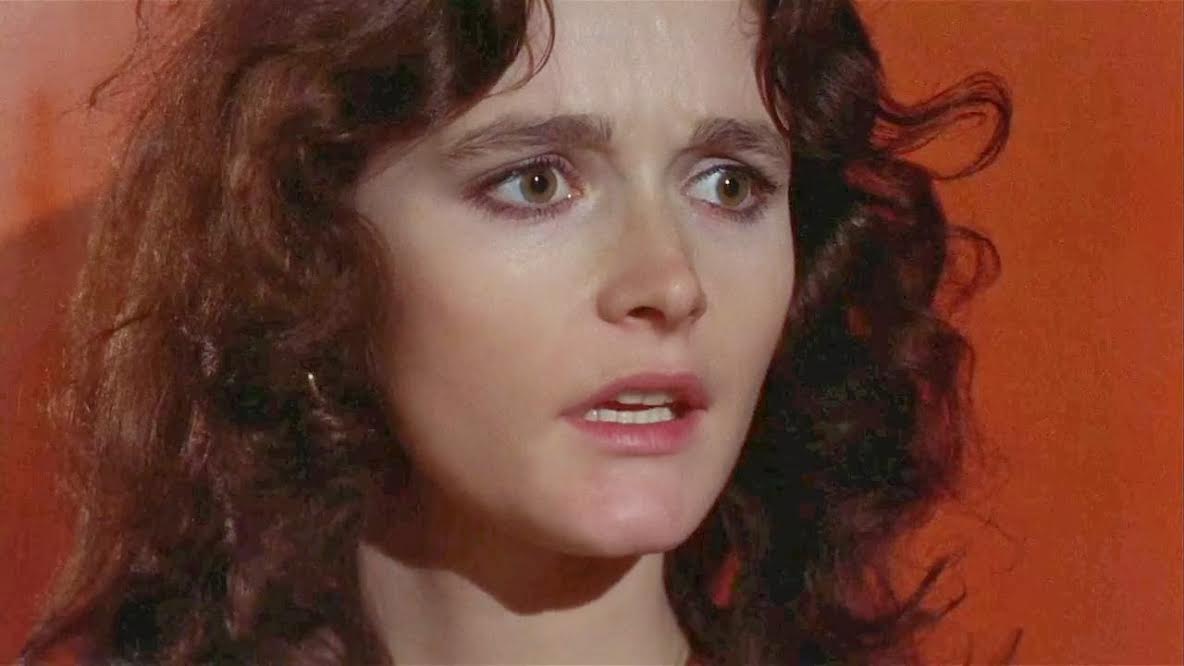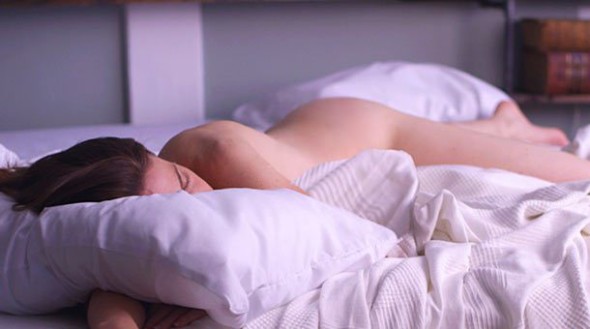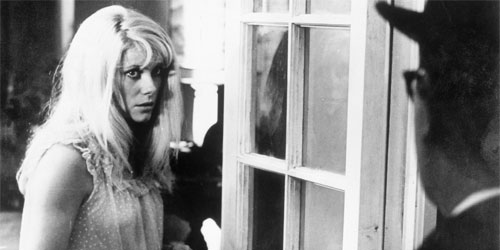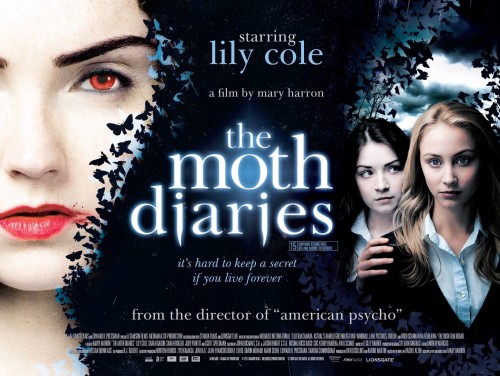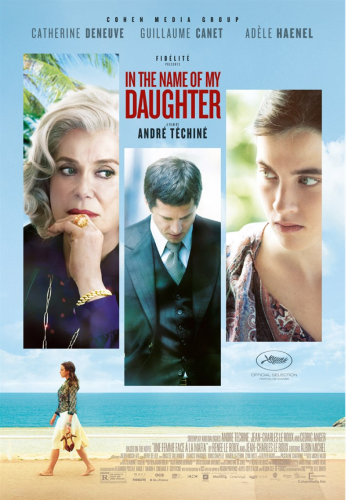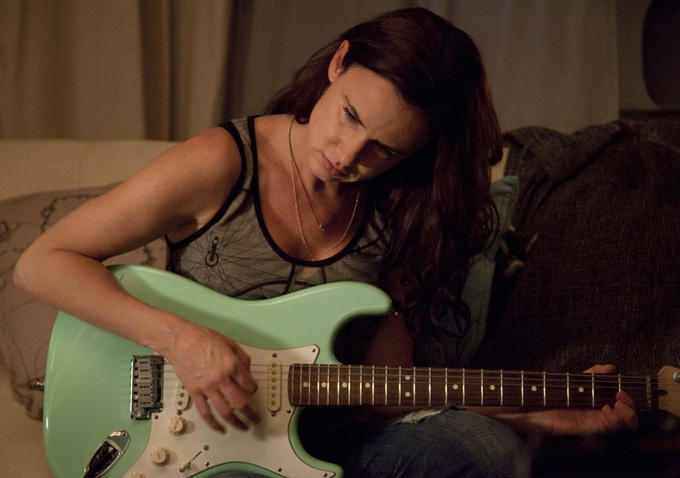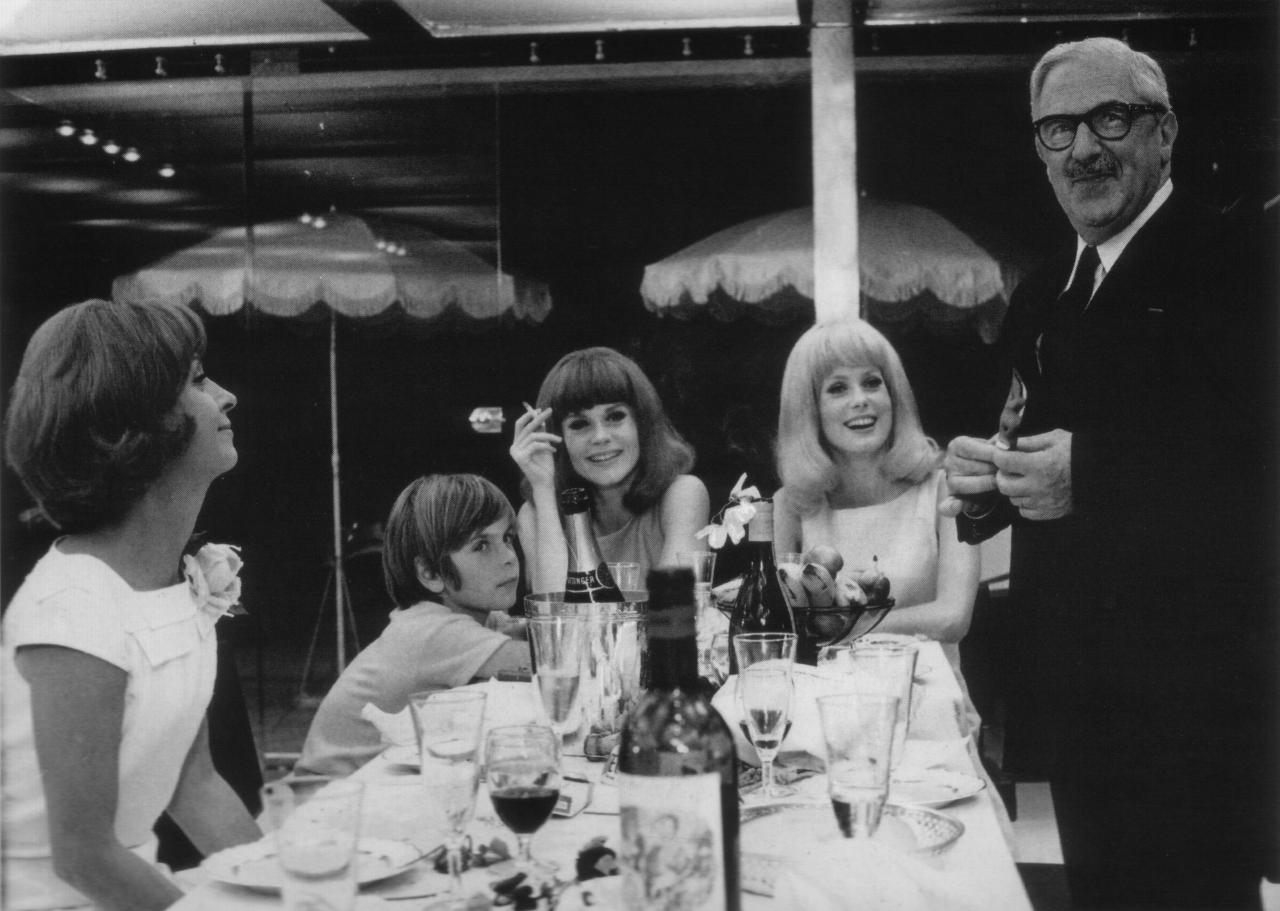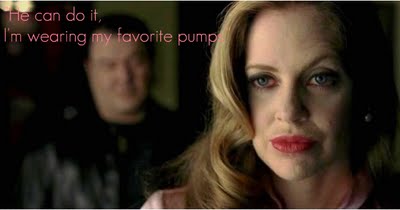The Sister as Revenant in Brian De Palma’s ‘Sisters’
‘Sisters’ displays an early concern with women’s liberation in mainstream American film (De Palma’s collaborator on the screenplay was Louisa Rose). Many of the film’s social complaints remain liberal talking points today: that police can be motivated by racism, that the legal institution can subject women to excessive scrutiny, and that the medical-psychiatric institution remains patriarchal and sexist in its diagnosing and treatment of women. Yet the film’s intersections with disability are more complicated.
